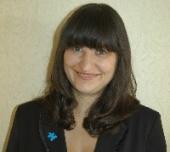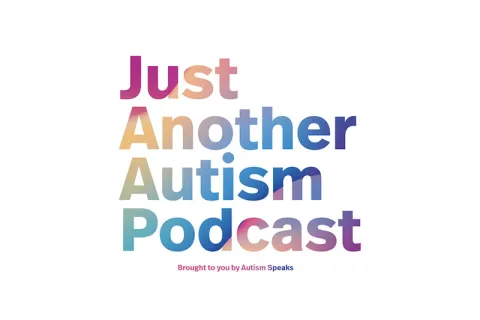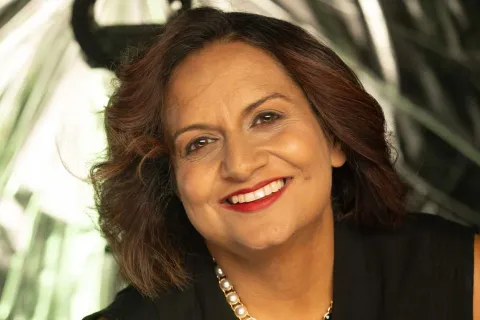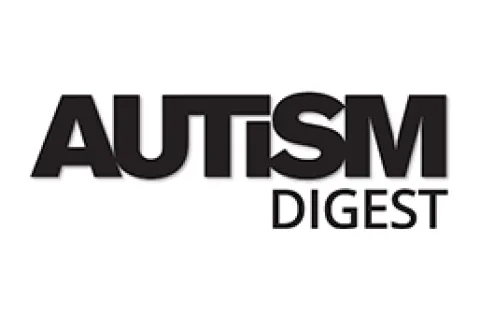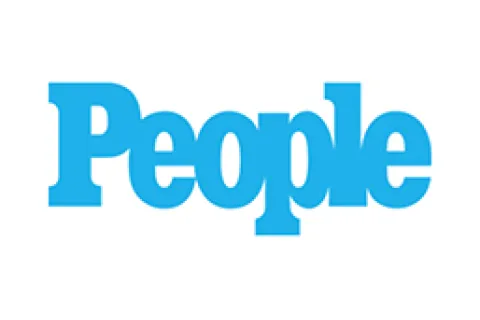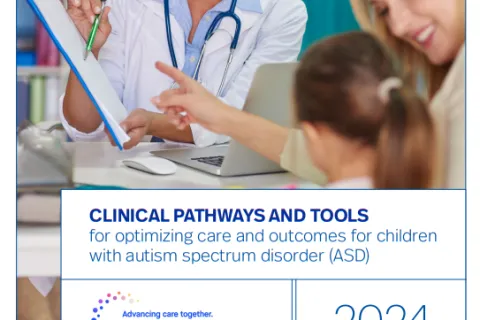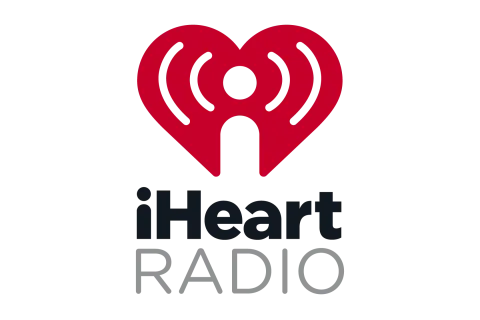Social Communication Disorder: Parents seek guidance
By Dr. Lauren ElderThis answer is by child psychologist Lauren Elder, former Autism Speaks assistant director for dissemination science.
Can you explain the new DSM-5 category of Social Communication Disorder? Who would receive this diagnosis, and what therapies would help?
As you may know, social (pragmatic) communication disorder (SCD) has been a hot topic in the autism community of late. As we recently reported, some children who would have previously received a diagnosis of autism spectrum disorder (ASD) would now receive this new diagnosis. So let me address each of your questions:
What is Social (Pragmatic) Communication Disorder (SCD)?
SCD is a new diagnosis in the 5th edition of Diagnostic and Statistical Manual of Mental Disorders (DSM-5). As the name implies, SCD involves difficulties in social communication. Social communication includes adapting how you speak and otherwise communicate to fit a social situation. For example, we expect children to talk politely to a teacher. We expect conversation between friends to have a more casual style. Related expectations include speaking more quietly in a classroom than on the playground. Individuals with SCD have difficulty understanding and following such social-communication “rules.”
Typically they also struggle with rules of conversation such as taking turns. They may have problems understanding the underlying meaning conveyed by tone. For example, being able to tell whether someone is being genuine or sarcastic. As you can imagine, this type of disability can make it difficult for a person to make “small talk” or otherwise communicate comfortably in new situations.
Clearly, many individuals with autism share these difficulties. But to receive a diagnosis of ASD under DSM-5, one must also have the repetitive behaviors and/or restricted interests typical of autism.
Who would receive this diagnosis?
Good question. As mentioned above, individuals should receive this diagnosis if they have disabilities in the area of social communication without repetitive behaviors and/or restricted interests.
Because SCD is a new diagnosis, we don’t know with certainty who is actually receiving this diagnosis at this time. However, we have a strong indication from a new study, funded in part by Autism Speaks. The researchers used DSM-5 criteria for ASD and SCD to re-evaluate a large group of school children previously assigned to an autism subtype under DSM-IV. They found that 22 percent of the children previously diagnosed with Pervasive Developmental Disorder, Not Otherwise Specified (PDD-NOS) would now receive a diagnosis of SCD. Six percent of those previously diagnosed with Asperger disorder would now receive a diagnosis of SCD.
What therapies would help?
Because SCD is a new diagnosis, we lack established guidelines for treatment. Therapies that focus on improving social communication should help. And many therapies for autism focus on improving social communication. So it’s likely that individuals with SCD would benefit from these programs. They include speech and language therapy, Applied Behavioral Analysis, Pivotal Response Training, Early Start Denver Model, social skills groups, and Cognitive Behavioral Therapy.
Most important of all: Treatment should address the unique needs of the individual, as established by a thorough evaluation.

